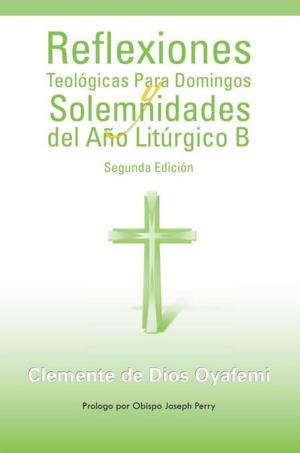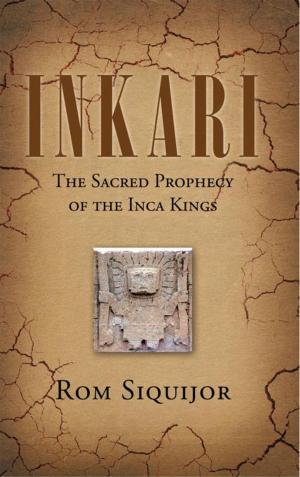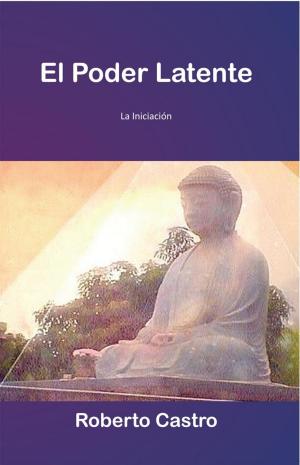Forbidden Stories of an Immigrant
Nonfiction, Social & Cultural Studies, Social Science, Cultural Studies, Emigration & Immigration, Fiction & Literature| Author: | Phern H. | ISBN: | 9781463320089 |
| Publisher: | Palibrio | Publication: | March 5, 2012 |
| Imprint: | Palibrio | Language: | English |
| Author: | Phern H. |
| ISBN: | 9781463320089 |
| Publisher: | Palibrio |
| Publication: | March 5, 2012 |
| Imprint: | Palibrio |
| Language: | English |
Amilkar is a character that from a young age demonstrated intellectual capabilities which provided him with a premature knowledge of the hardships of life. The separation from his family upon enrolling in a seminary rewarded him as he acquired a formal and structural knowledge of religious and moral aspects. Some people play with the values and beliefs of religion and confuse the term with another word - church, he would say. Religion inspires human values, while the church is the social hierarchical structure that administers the means by which said values can be applied. If the church fails, religion becomes corrupted. On another level, university taught him how to apply these same values for the benefit of humanity. Amilkar understood that in order to apply spiritual values, the body had to be nourished, and this was the real crisis of his country the unfair distribution of the wealthy. This second experience, along with a teaching career, helped him to understand the reasons and motives behind the attitudes and conducts of the students whom he helped, with the only intent to bring them out of the abyss of ignorance in order to introduce them to society as well prepared citizens for the benefit of mankind. Finding issues was not difficult they could be seen everywhere: hunger, unemployment, single parent families, and misery. Solutions to these problems required political structures to be involved. This aroused unnecessary crimes against priests, teachers, leaders of worker unions, and many hundreds of innocent people. Crimes justified only by lies and savagery. Amilkar dedicated himself to the search for passive solutions and this eventually led him to exile.
Amilkar is a character that from a young age demonstrated intellectual capabilities which provided him with a premature knowledge of the hardships of life. The separation from his family upon enrolling in a seminary rewarded him as he acquired a formal and structural knowledge of religious and moral aspects. Some people play with the values and beliefs of religion and confuse the term with another word - church, he would say. Religion inspires human values, while the church is the social hierarchical structure that administers the means by which said values can be applied. If the church fails, religion becomes corrupted. On another level, university taught him how to apply these same values for the benefit of humanity. Amilkar understood that in order to apply spiritual values, the body had to be nourished, and this was the real crisis of his country the unfair distribution of the wealthy. This second experience, along with a teaching career, helped him to understand the reasons and motives behind the attitudes and conducts of the students whom he helped, with the only intent to bring them out of the abyss of ignorance in order to introduce them to society as well prepared citizens for the benefit of mankind. Finding issues was not difficult they could be seen everywhere: hunger, unemployment, single parent families, and misery. Solutions to these problems required political structures to be involved. This aroused unnecessary crimes against priests, teachers, leaders of worker unions, and many hundreds of innocent people. Crimes justified only by lies and savagery. Amilkar dedicated himself to the search for passive solutions and this eventually led him to exile.















